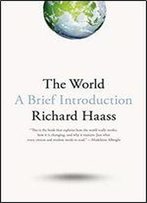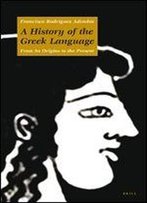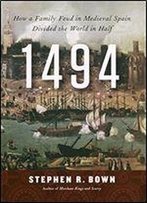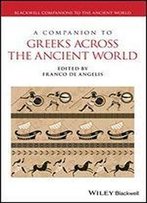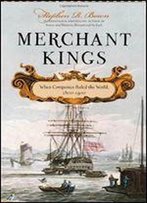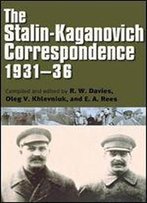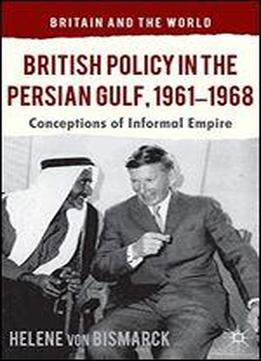
British Policy In The Persian Gulf, 1961-1968: Conceptions Of Informal Empire
by Helene von Bismarck /
2013 / English / PDF
2.2 MB Download
Based on comprehensive research in the British National Archives, this book offers an in-depth and critical analysis of Great Britain's policy in the oil-rich Persian Gulf region during the last years of British imperialism in the area, covering the period from the independence of Kuwait in 1961 to the decision of the Wilson Government in January 1968 to withdraw from the Gulf by 1971. Helene von Bismarck explains the motivation and methods of British imperialism in an area which was of great strategic and economic value to Great Britain. The book demonstrates that the British decision-makers in authority regarded Great Britain's role in the Persian Gulf as an interdependent system of military power, formal treaty rights and political influence that included the treaty-bound states Bahrain, Qatar and the seven Trucial States (today's United Arab Emirates), as well as the officially independent states Kuwait and Oman. "When set against the broader backdrop of decolonization during the 1960s, it is tempting to paint a broad-brush picture of gradual and inevitable retreat. By contrast, Helene von Bismarck's study shows that for much of the decade the British government and its representatives on the ground in the Gulf did not contemplate such a retreat. She argues that in the wake of the substantial military deployment in defense of Kuwait in the summer of 1961, a British government review concluded that vital British economic interests were at stake." - Nigel J. Ashton, The Middle East Journal, Volume 67, Number 4, Autumn 2013, pp.659-660 (Article) "If the defense of British economic interests was at the heart of the continuing British commitment to the Gulf through the mid-1960s, the question might reasonably be asked, defense against whom? Von Bismarck concludes rightly that the main threat to the British position was perceived as coming from Arab nationalism, whether in the form of the Iraqi threat to Kuwait, or, more generally in the form of the advance of the influence of Egyptian President Gamal 'Abd al-Nasser." - Nigel J. Ashton, The Middle East Journal, Volume 67, Number 4, Autumn 2013, pp.659-660 (Article) "This study fills an important gap in the existing literature by providing considerably greater detail about Britain's attempts to develop and defend its position in the Gulf during the 1960s. For von Bismarck, the story of the British role in the Gulf in the 1960s was principally one of the intensification of British imperialism, rather than its gradual disappearance." - Nigel J. Ashton, The Middle East Journal, Volume 67, Number 4, Autumn 2013, pp.659-66 (Article) "Helene von Bismarck offers a subtle but much needed contribution to the study of Britain's long and complicated presence in the Persian GulfBismarck has contributed to a more nuanced understanding of the final days of the British empire days marked not by the lurking inevitability of decolonization but rather by the more pressing matters of pursuing Britain's interests in ever-present and ever-shifting series of day-to-day crises and decisions." - Jonathan Kuiken, Journal of British Studies, Volume 53 / Issue 02 / April 2014, pp 528-529 (Article) "Recent speculation about Britain's return 'East of Suez,' makes the publication of Helene von Bismarck's study of British policy towards the Persian Gulf in the 1960s particularly timely. Helene von Bismarck has succeeded in producing a well-researched and readable account of Britain's swansong in the Gulf." - Simon C. Smith, Diplomacy and Statecraft 25:1, pp 182-184 (Article)

